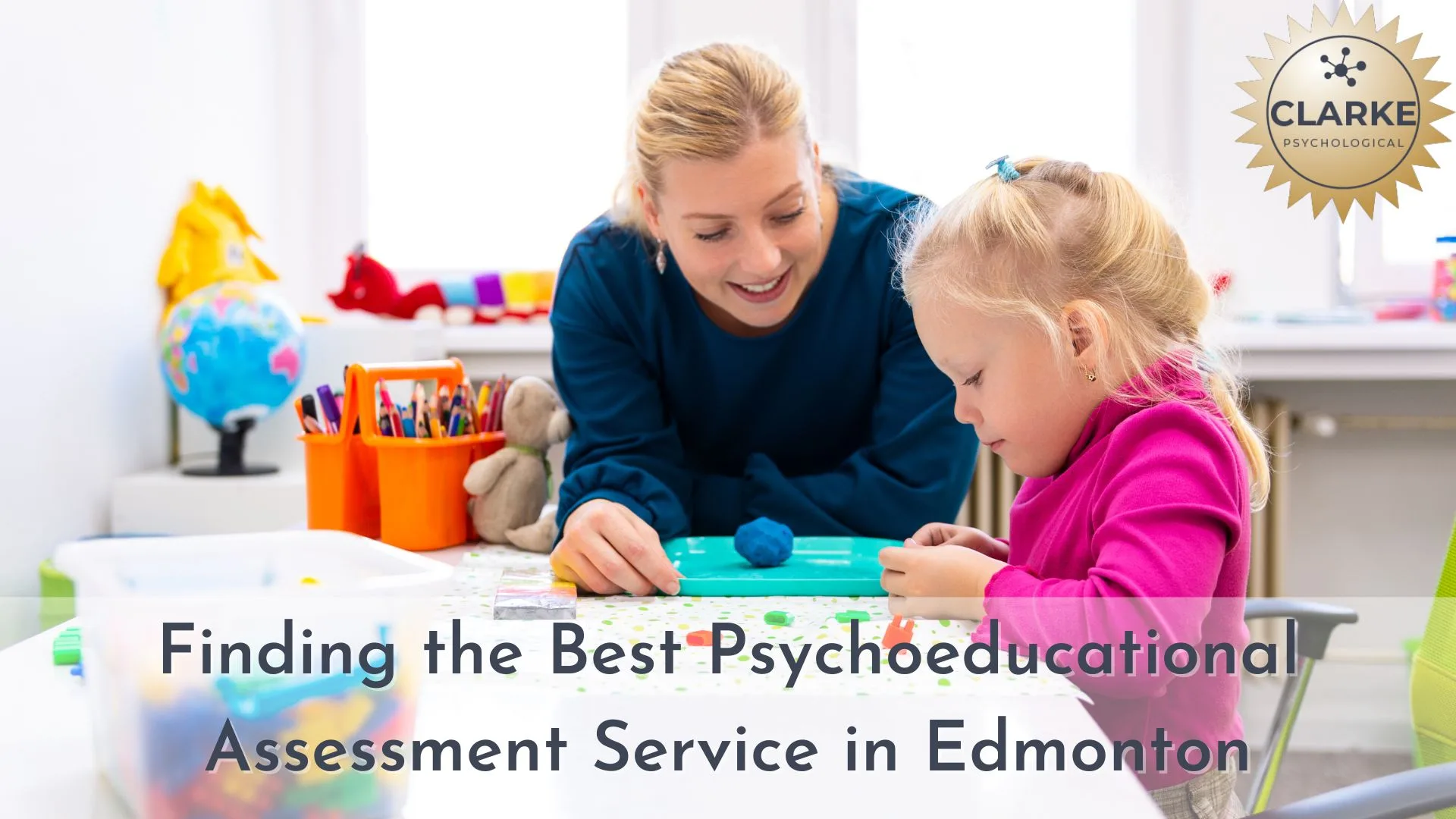Psychoeducational assessment in Edmonton plays a crucial role in identifying and addressing the unique learning needs of children, adolescents, and even adults. This specialized form of evaluation is designed to explore how an individual processes information and how various cognitive, emotional, and educational factors affect their academic performance. In Edmonton, an increasing number of parents, educators, and healthcare professionals are turning to psychoeducational assessments to gain a clearer understanding of learning challenges such as ADHD, dyslexia, and other developmental or learning disorders. These assessments provide a foundation for effective support strategies, accommodations, and individualized education plans (IEPs) tailored to each person’s specific needs.

At its core, a psychoeducational assessment involves a series of standardized tests and observational tools administered by a registered psychologist or a qualified mental health professional. The process typically includes a review of the individual’s developmental history, academic records, and behavioral observations. The testing measures cognitive functions such as memory, attention, problem-solving skills, verbal and non-verbal reasoning, and academic achievement in subjects like reading, writing, and mathematics. Emotional and behavioral functioning is also evaluated to understand how these factors may impact learning and social development.
In Edmonton, psychoeducational assessments are commonly sought out through private psychological clinics, schools, or healthcare providers. Parents might request an assessment if their child is struggling academically, experiencing behavioral challenges, or falling behind peers despite consistent efforts. Teachers and school administrators may also recommend assessments when they observe discrepancies between a student’s potential and actual classroom performance. These evaluations can help identify whether a student qualifies for special education services or specific accommodations in the classroom setting.
One of the most valuable outcomes of a psychoeducational assessment is the detailed report that outlines the individual’s cognitive strengths and weaknesses. This report not only provides a diagnosis, if applicable, but also offers practical recommendations for parents, educators, and therapists. The goal is to create a roadmap for academic and emotional success, often incorporating strategies such as tutoring, therapy, classroom modifications, and family support. In many cases, early identification through psychoeducational assessment can significantly improve long-term outcomes by ensuring that appropriate interventions are implemented promptly.
Accessibility to psychoeducational assessments in Edmonton has improved over recent years, but there can still be waiting times, particularly within the public school system. As a result, many families opt for private assessments to receive quicker results and more personalized service. While private assessments come at a cost, they are often covered under extended health benefits or through government funding in certain cases. Regardless of the path taken, investing in a psychoeducational assessment can be a transformative step toward unlocking a person’s full potential.
In conclusion, Psychoeducational Assessment Edmonton serves as a vital tool in supporting individuals with learning and developmental challenges. By offering a deep understanding of cognitive functioning and academic performance, these assessments empower families, educators, and professionals to make informed decisions that foster growth, confidence, and success in both educational and personal life settings.